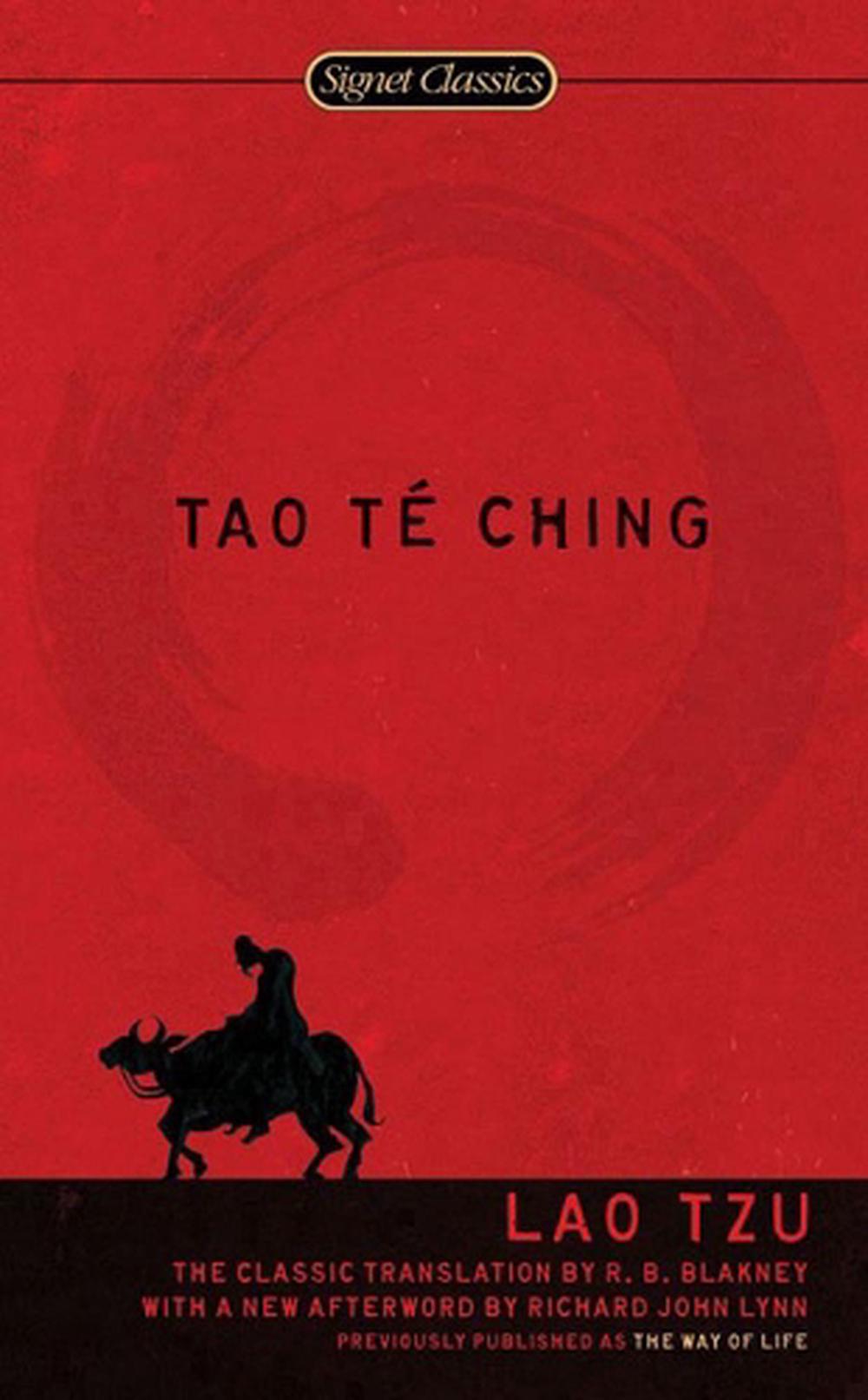

The Tao Te Ching is fundamental to the Taoist school ( Daojia 道家) of Chinese philosophy and strongly influenced other schools as well, such as Legalism and Neo-Confucianism. The text's authenticity, authorship, and date of composition or compilation are still debated. A careful reading of the text, however, suggests that it is a compilation of maxims sharing similar themes. According to tradition, it was written around 600 BCE by the Taoist sage Laozi (or Lao Tzu, "Old Master"), a record-keeper at the Zhou Dynasty court. The Tao Te Ching ( Traditional Chinese: 道德經 ), roughly translatable as The Book of the Way and its Virtue (see below), is a Chinese classic text. See discussion at Daoism-Taoism romanization issue. The pinyin title Dao De Jing originated in the late 20th century, and this romanization is becoming increasingly popular. The Wade-Giles title Tao Te Ching dates back to the first English translations in the late 19th century, and some people continue using it.


Related subjects: Philosophy "Tao Te Ching"


 0 kommentar(er)
0 kommentar(er)
